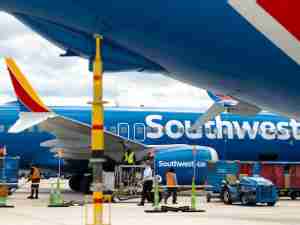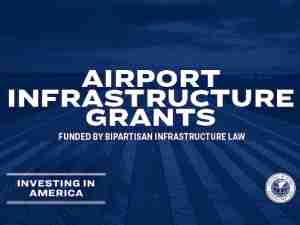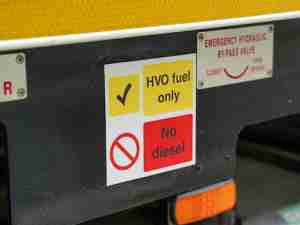Singapore flag carrier and its Asian rivals, coming out of an economic downturn, are facing new threats from the European market where travel could be hit by volcanic eruption in Iceland and economic problems.
Traffic to and from Europe is estimated contributing around 25 percent of SIA's revenue.
"Yields for both passenger and cargo should keep pace with the growth in demand. The sustainability of this improvement depends on developments in the world economy and on business and consumer confidence," SIA said in a statement.
Analysts are less confident because of growing concerns about the global economy amid the debt crisis in Europe.
"This year, a lot of things will be tough for everybody. You look at what happened in Europe the ash, the economic situation, all will pose a bigger problem for the airlines," said Sukhor Yusof, analyst at Standard & Poors.
SIA, 55 percent owned by Singapore state investor Temasek Holdings [TEM.UL], booked a net profit of S$278 million ($197 million) in the quarter, compared to S$42 million a year ago and a Reuters consensus of S$266 million.
The major disruption on European airspace in April cost SIA S$50 million.
The fourth quarter profit recovery helped the company to avert its first ever annual loss, although growth in its more profitable first and business class remains hostage to global demand.
SIA, which ranks after Air China in terms of market value, posted annual net profit to S$216 million, 80 percent lower than what it was in 2008/09 financial year and missing ThomsonReuters I/B/E/S average estimate of S$289 million from analysts.
The company reported S$460 million of loss from fuel hedging in its full financial year, 50 percent higher from a year earlier. The loss was only S$16 million in the fourth quarter.
Although crude oil, which directly influences the price of jet fuel, is currently near an eight-month low, it remains high historical standard and a burden on the industry.
SIA said the it is expected to use 33 million barrels of jet fuel in the 2010-2011 financial year and plans to hedge at least a fifth of the demand.
SIA shares have declined about 5 percent since the start of the year, underperforming its Asian rival Cathay Pacific which gained nearly 4 percent but fared better than Australian carrier Qantas which dropped 20 percent. (Reuters)









